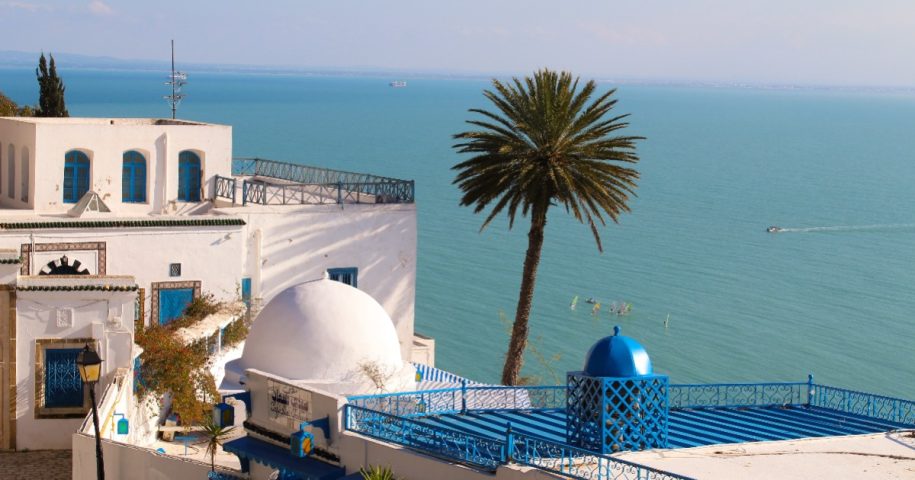Tunisia is a North African country that offers a unique blend of ancient history, Mediterranean charm, and stunning natural landscapes. From the sandy beaches of Hammamet and Djerba to the ancient ruins of Carthage and the Sahara Desert, there’s something for everyone in Tunisia. However, before planning your trip, it’s important to consider the best time to visit Tunisia based on weather, crowds, and local events.
Weather in Tunisia
Tunisia has a warm and sunny Mediterranean climate, with hot and dry summers and mild winters. The best time to visit Tunisia depends on the regions you plan to visit and the type of weather you prefer.
From June to August, the temperature in Tunisia can reach up to 35°C (95°F) in some areas, especially in the south and the Sahara Desert. If you want to visit the desert, it’s best to go in the cooler months of November to February, when the temperature drops to a more comfortable 15-20°C (59-68°F) during the day and 5-10°C (41-50°F) at night.
If you plan to visit coastal cities like Tunis, Sousse, or Hammamet, the best time to visit is during the summer months of June to August when the temperature ranges between 25-30°C (77-86°F). The sea breeze makes it more comfortable to explore the cities, and you can also enjoy the beaches and water activities.
If you’re interested in hiking in mountainous regions like the Kroumirie or the Atlas Mountains, the best time to visit is from March to May or September to November. During these months, the temperature is cooler, and the countryside is lush and green after the winter rains.
Crowds in Tunisia
Tunisia is a popular tourist destination and can be crowded during peak travel seasons. The busiest time to visit is during the summer months of June to August when many people take their holidays. The coastal cities and tourist hotspots like Carthage and Sidi Bou Said can be very crowded, and prices for accommodations and tours can be higher than in the low season.
If you prefer to avoid crowds, the best time to visit is during the shoulder seasons of March to May and September to November. The weather is still pleasant, and there are fewer tourists, which means you’ll have a more authentic experience and better access to popular attractions.
Local events in Tunisia
Tunisia has a rich cultural heritage, and there are many festivals and events throughout the year that celebrate its history and traditions. If you want to experience the local culture, it’s worth planning your trip around one of these events.
The most famous event in Tunisia is the Festival of the Sahara, which takes place in Douz in December. This festival celebrates the Bedouin culture and traditions and features camel races, folk music, and traditional dances.
Other popular events include the International Festival of Hammamet in July, the Sfax International Olive Festival in November, and the National Day of the Republic in July. These festivals offer a unique insight into the local culture and traditions and are a great way to experience Tunisia beyond the tourist hotspots.
In conclusion, the best time to visit Tunisia depends on your interests and preferences. If you want to explore the desert, go in the cooler months of November to February, if you prefer cooler temperatures and fewer crowds, visit during the shoulder seasons of March to May or September to November. Whatever time you choose to visit, you’re sure to have an unforgettable experience in this beautiful and diverse country.


Leave a Reply